Synthetic cathinones explained
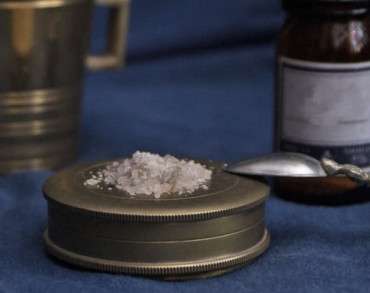

There are many types of drugs, often sold as MDMA or ecstasy that come from a family of drugs known as synthetic cathinones.
Synthetic cathinones (also known as bath salts, flakka, meow meow, research chemicals) generally refer to a large group of new psychoactive substances that come as a pill, capsule or whitish powder or crystal. They are generally stimulants, and there is often little evidence about the long-term effects.
Alpha PVP, n-ethylpentylone, MDPV, eutylone, methylone and dimethylpentylone are all types of synthetic cathinones found in New Zealand in recent years. Over the 2023/23 summer period, seven new or obscure synthetic cathinones were detected in presumed MDMA samples. One of these samples contained either n-isopropyl butylone (isoputylone), or n-propyl butylone (putylone). This is the first time these synthetic cathinones have been detected in New Zealand.
High Alert has issued a number of notifications about synthetic cathinones over the years, including dangerous doses of eutylone in MDMA tablets (February 2021), dimethylpentylone being detected in New Zealand for the first time including in pink tablets sold as MDMA (December 2021), and instances of Alpha-PVP being sold as MDMA (April 2023, December 2023).
Stay safer by staying informed. Sign up to receive alerts and notifications about any dangerous drugs in NZ. Check out the alerts page to see what we've already found.
What are the effects of synthetic cathinones?
The physical effects of synthetic cathinones vary but they can include:
- Stimulation
- High blood pressure, rapid heart rate
- Inability for body to regulate temperature
- Compulsive redosing
- Loss of consciousness
An overdose can result in death.
Synthetic cathinones can also cause a person to feel anxious, agitated, and paranoid. Some people also experience headaches, stomach aches and have difficulty sleeping.
While no drug use is safe, there are some steps that can help reduce the risks.
It’s safest not to use synthetic cathinones at all – they are dangerous drugs and should be avoided. They have been implicated in a number of hospitalisations around the country, most notably in Christchurch in 2018. There has also been at least one fatal incident linked to cathinones in New Zealand, and over 100 in Europe.
If they are used, it should be done with a great deal of caution.
The danger of these substances is that they often have a low active dose. That means extra care is needed to avoid taking too much. For example, a common dose of MDPV is 20mg, which is a fifth of a standard MDMA dose. Alpha-PVP, on the other hand, has an active doses less than a quarter of a common MDMA dose. This can have fatal consequences.
Also, sometimes the effects of the drug take longer to kick in (over two hours), meaning that people can take more, not realising that it’s working, and end up overdoing it. This isn’t fun for anyone and can lead to unpleasant effects.
Synthetic cathinones are often sold as MDMA. Remember, you can't be sure the substance you have is MDMA by sight or smell. Drug checking is recommended to help minimise the risk. KnowYourStuffNZ, the New Zealand Drug Foundation and the New Zealand Needle Exchange Programme run regular drug checking clinics across the country – you can find a calendar of upcoming events here.
The effects of cathinones can be unpredictable. Someone may want to be rolling with their mates, but end up feeling agitated, aggressive and violent, or experience hallucinations.
In general, if you choose to use this substance:
-
Avoid using alone. Have a buddy who can help, and call an ambulance, if things go wrong. This includes having someone around after use – the people involved in this harm incident experienced serious symptoms about 12 hours after using the substance.
-
Lower doses are less risky. Start off with a small amount to check how it affects you. Be aware of the possibility of delayed onset of adverse effects.
-
In general, swallowing a substance has a slower onset than other methods and means there might be more time to get medical help if needed.
-
Avoid using with other substances, especially alcohol. Do not try to drive.
-
Get it checked at a licensed drug checking service before taking it.
-
Use a reagent test to check it first. Marquis and Mandalin reagents will turn black if there is any MDMA present (remember there may be other substances present in the mixture too). A different colour or no change indicates that the sample you tested does not contain any MDMA.
What to do in an emergency
Call 111 and ask for an ambulance immediately if you or someone else has any of the below signs after taking this substance. Tell them what you have taken, you won’t get in trouble and it could save your life.
-
Starts to lose consciousness or is unconscious
-
Stops breathing
-
Has a seizure
-
Feeling extremely agitated for longer than 15 minutes
-
Has chest pain or breathing difficulties for longer than 5 minutes
Are you concerned about your own drinking or drug taking? Reach out to the Alcohol Drug Helpline on 0800 787 797, or text 8681. You'll be able to speak with a trained counsellor who can provide you with helpful information, insight and support. They’re available 24/7, all calls are free and confidential.
Latest Articles
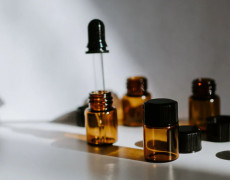
15 Apr 2024
Thinking of using GBL/GHB?
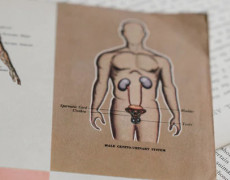
12 Apr 2024
Ketamine and bladder damage – know the risks
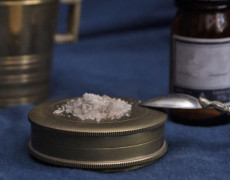
8 Mar 2024
Synthetic cathinones explained
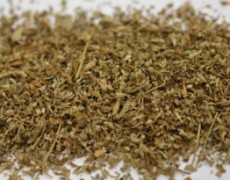
22 Feb 2024
What’s happening with synthetic cannabinoids?
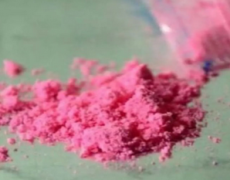
31 Jan 2024
What is tuci?
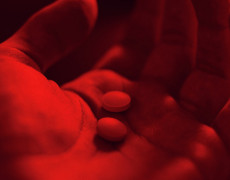
19 Jan 2024
Answering some common questions about MDMA
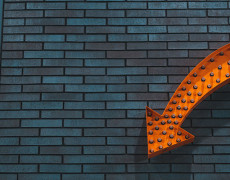
10 Jan 2024
Understanding the risks of the comedown

5 Jan 2024
Looking after your mental health

15 Dec 2023
Tips for a safer night out
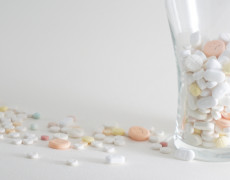
12 Dec 2023
To mix it is to risk it
